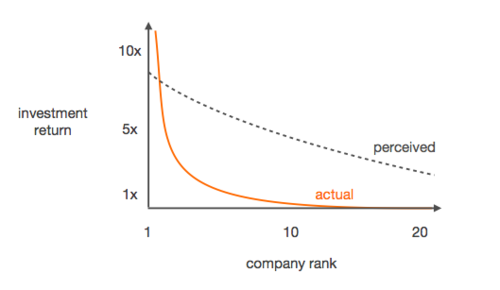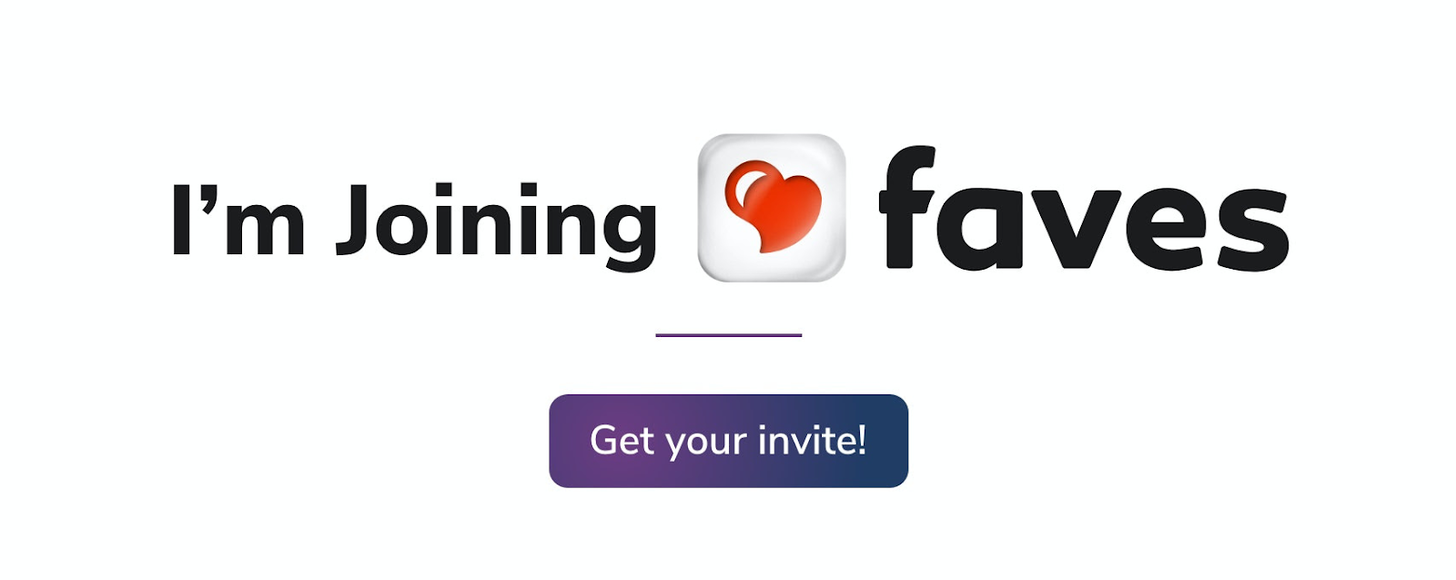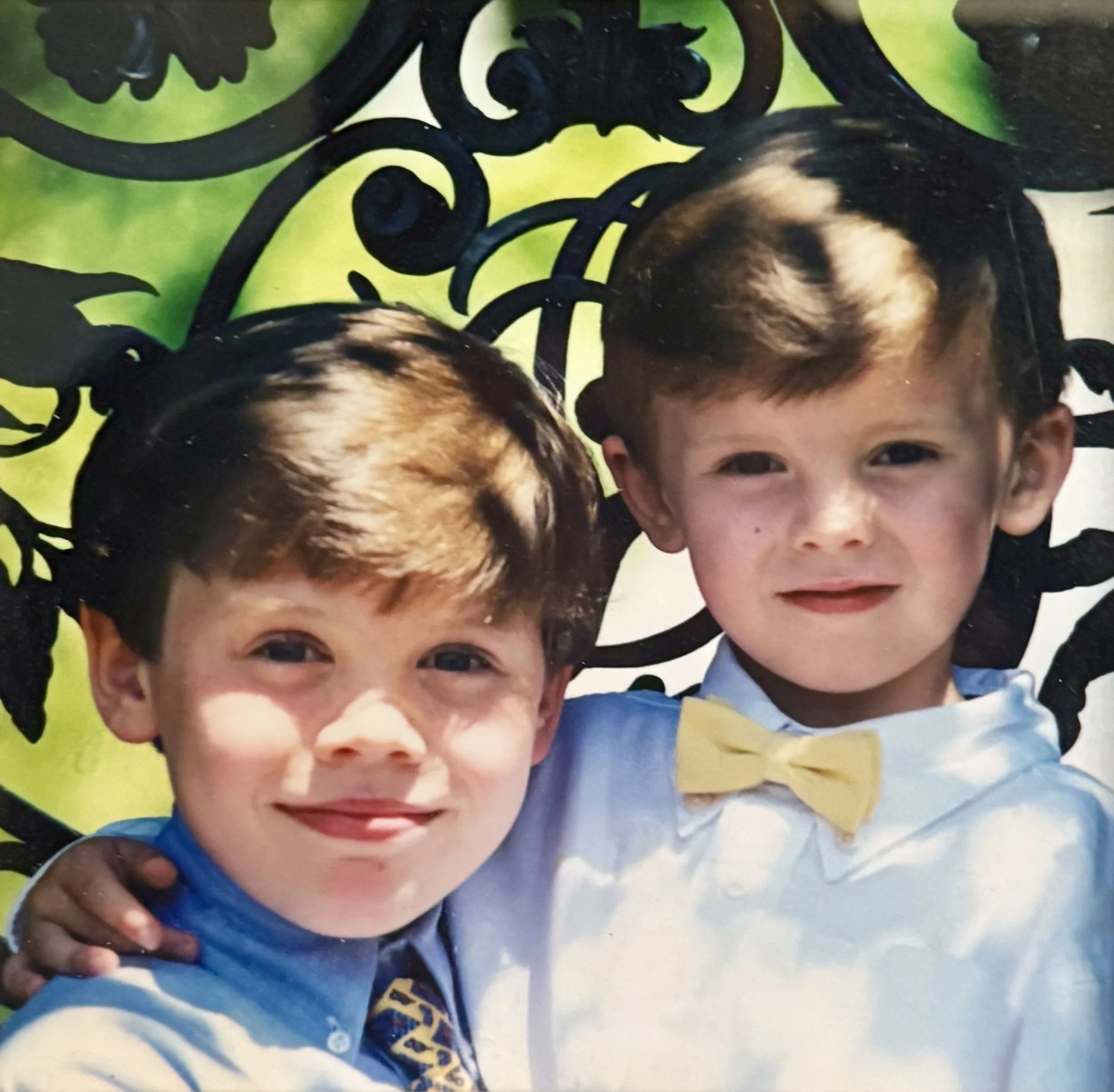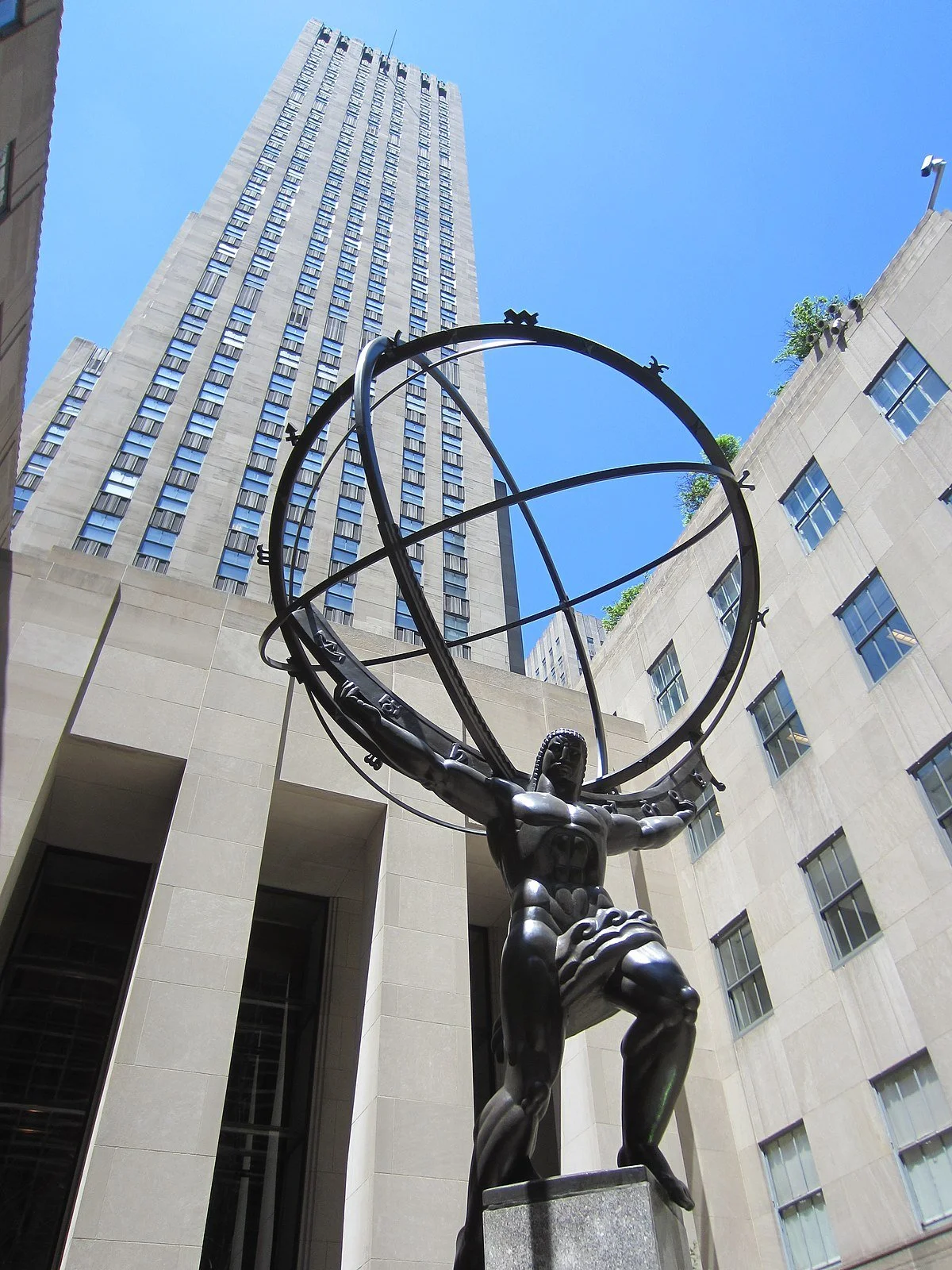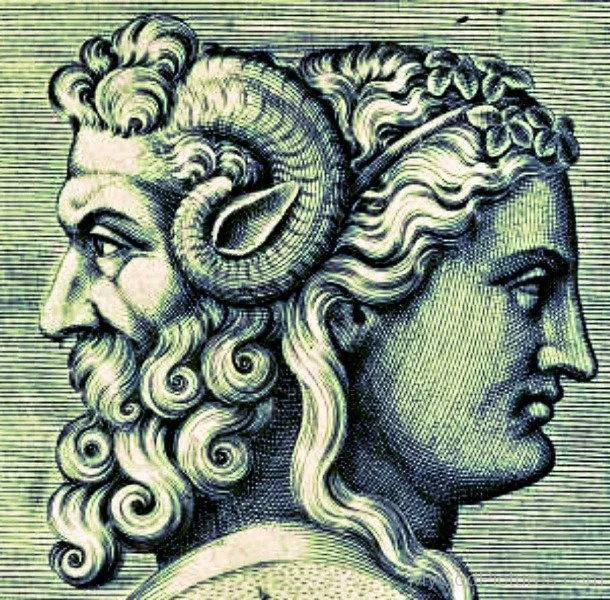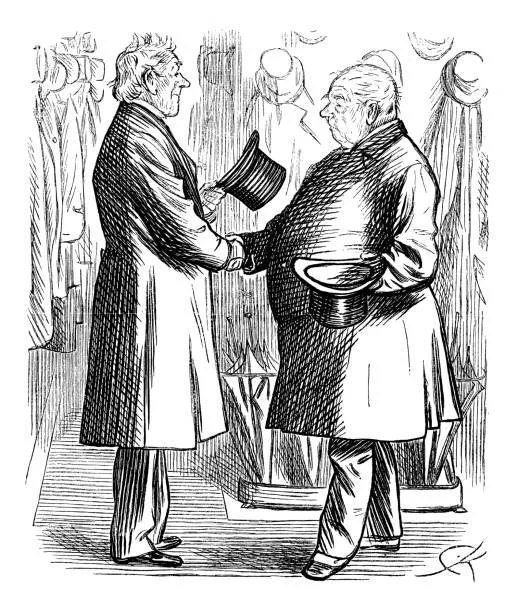Curation as a Cure
Where is the wisdom we have lost in knowledge?
Where is the knowledge we have lost in information?
— T.S. Eliot
Above: So few needles amongst endless haystacks.
I am an information junkie.
From reading myriad newsletters to scribbling countless notes, finishing a book every two weeks to zipping through podcasts at 2x speed, I increase the quantity/quality of my inputs so as to improve my outputs. I love nothing more than burnishing my thinking by grappling with my preconceived notions and rudimentary theses.
I view knowledge as an immense privilege. This reverence for wisdom was inculcated from a very young age. A favorite quote from my late grandfather, John T. Landers, reads: "Education is the lightest burden you will ever carry." This belief has served as my intellectual North Star for as long as I can remember.
As such, from a young age I read everything I could get my hands on.
I wept as Paul Baumer wasted away on the Western Front.
I laughed as Ignatius J. Reilly cavorted through New Orleans.
I cheered as Tara Westover broke free of obstructive, backwards mores.
I even cracked a Reader’s Digest from time to time when my teetering stack of books no longer towered by my bedside.
Though the above works immediately come to mind, I suspect I’m falling victim to rosy retrospection. After all, per Emerson, "I cannot remember the books I've read any more than the meals I have eaten; even so, they have made me.”
Not every book that I picked up was as powerful as something by Remarque, Kennedy Toole, or Westover. This was to be expected; with my indiscriminate reading came the inevitable lemon (looking directly at you, Lois Lowry!). In fact, the vast majority were likely nothing more than mediocre.
In a way, my past and present habit of reading a broad swathe of works mirrors the diversification I strive for when investing. It resembles the strategy of an index fund. The majority of equities I hold (i.e. books I read) produce average returns, but a select few drive nearly all of my gains (i.e. the ideas, philosophies, paradigms that make up my “intellectual portfolio”). The below visual helps explain this Power Law.
Additionally, as the number of books I read increases linearly, the connections and insights I draw from disparate disciplines increase exponentially; a web of relationships is made ready and apparent in my mind. Intellectual and monetary dividends compound over time in order to create leaping emergent effects.
At this point, dear reader, you are probably asking: “Okay, but what does this have to do with curation, Tom?”
Well, there has always been one irksome problem with my approach: there’s too much stuff out there to sift through. In the Information Age, it is impossible for me to be thorough in my intellectual exploration. Keep in mind, I have only mentioned books thus far!
My good friend Nick DeWilde recently touched upon this in his stupendous newsletter:
CIA analyst, Martin Guri described the vast amount of information that has engulfed us with this dumbfounding statistic:
More information was generated in 2001 than in all the previous existence of our species on earth.
In fact, 2001 doubled the previous total. And 2002 doubled the amount present in 2001, adding around 23 “exabytes” of new information—roughly the equivalent of 140,000 Library of Congress collections.
This exponential growth of information has continued to today, where, in a single minute across the internet:
1,800 WordPress posts are created
500 hours of video is uploaded to Youtube
150,000 emails are composed
350,000 Tweets are Tweeted
148,800 Slack Messages are sent
Like a raging river, information courses along faster than ever before.
The maelstrom will never cease. In fact, her gales will blow harder, her raindrops grow fatter with the bits and bytes that make up our digital deluge.
We have too few hours to comb through too much information. Not to mention, it takes real, hard, honest work to separate the wheat from the chaff, the bullshit from the bedrock.
To find signal amidst this roaring noise is to find needle in proverbial haystack. Scratch that—not just needle in a solitary haystack, but rather in an ever-expanding field crammed with them.
How do we fix this? I humbly suggest curation by thinking, feeling human beings.
This allows us to pop the algorithmic bubbles—the weapons of math destruction—used by the Twitters, Facebooks, Googles of the world to lull us to sleep. It shuts off the intermittent dopamine drip to which we have become tethered and addicted.
Though I do not lead a life so interesting to write about each and every day (partly why this newsletter goes silent from time to time), I do read a myriad of fascinating things on a daily basis.
Though I share books via my digital bookshelf, the countless articles, tweets, poems, short stories, and podcasts that I absorb fall through the metaphorical cracks of my iPhone’s tiny, backlit screen.
No more, I say! Now is your chance to follow along with a new social app called Faves.
Faves is a platform where leading creators share the content that fuels their thinking. Ironically, I am inviting you to read what I read, not what I write.
I’ll be sharing the articles, podcasts, tweets, long-form pieces, and more that inform my research for White Noise. Plus, some additional insights that you won’t find anywhere else.
I can request a limited number of invites for White Noise readers. If this sounds up your alley, hit the button below:
You’ll be relieved to know that I’m not suggesting you sign up to Faves just to hear more from me.
The app’s creators in Silicon Valley (where else?) are building a roster of one hundred top-tier creators before launch, and they’ve already signed up some amazing names. They even put me on a graphic with former Yahoo CEO Marissa Mayer!
Take a look, and I’ll see you inside the app.
As always, thank you for the gift of your most precious resource: your time.
P.S. While on the topic of reading, if you like what you’ve been reading recently, I’d appreciate if you clicked the heart below and shared this with your smartest friends, family, and co-workers.
P.P.S. Something I have been thinking about: If you don’t realize you’re an asset, you’re no more than an ass.

